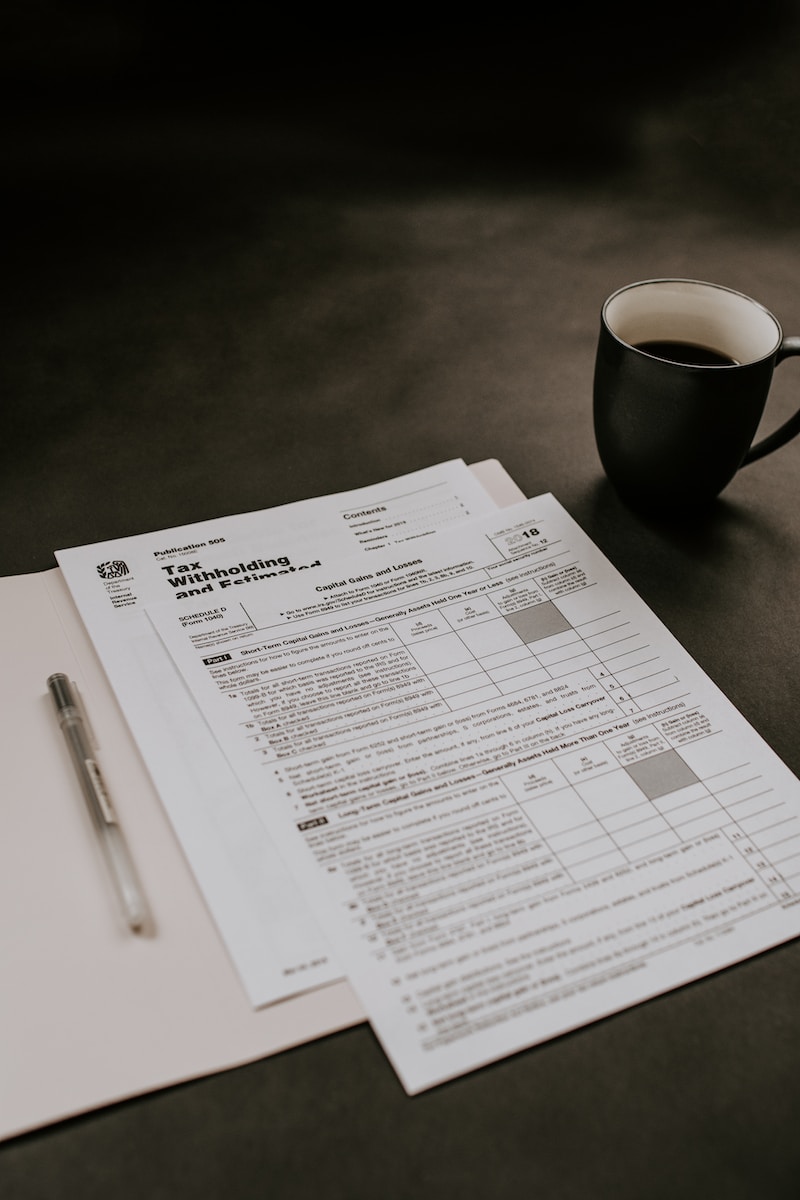Navigating the Maze of Tax Deductions: A Comprehensive Guide for Individuals and Businesses
As the tax season approaches, both individuals and businesses scramble to identify strategies that can reduce their tax liabilities. Navigating the maze of tax deductions requires an understanding of the various options available and how they can be leveraged to maximize savings. With careful planning and strategic decision-making, taxpayers can significantly reduce their tax burden.
One of the first steps in maximizing deductions is to maintain meticulous records. Keeping detailed accounts of expenses throughout the year can provide a solid foundation for claiming deductions. Receipts, invoices, and logs should be organized and preserved, as they serve as proof of the expenses incurred. This documentation is crucial in the event of an audit and can substantiate the validity of the deductions claimed.
For individuals, understanding the distinction between standard and itemized deductions is critical. The standard deduction is a set amount that reduces taxable income and varies depending on filing status. Itemized deductions, on the other hand, require a taxpayer to list eligible expenses that exceed the standard deduction. Examples include mortgage interest, property taxes, medical expenses exceeding a certain percentage of income, and charitable contributions. If the sum of these itemized deductions is greater than the standard deduction, it can lead to greater tax savings.
Another key area for individuals is maximizing contributions to retirement accounts, such as 401(k)s and IRAs. Contributions to these accounts are often tax-deductible and lower taxable income. Additionally, earnings in these accounts typically grow tax-deferred until withdrawal. This not only helps in saving for retirement but also strategically defers tax liability to a period where one may fall into a lower tax bracket.
For businesses, tax deduction opportunities are abundant but require a strategic approach. Business owners should be diligent in tracking all operating expenses, as many of these can be deducted. This includes costs associated with running the business, such as rent, utilities, supplies, and wages paid to employees. Furthermore, capital expenses like purchasing equipment can be depreciated over time, offering a deduction against income.
One significant area for businesses to explore is the potential for deductions through Section 179 of the tax code. This provision allows for the immediate expense of qualifying assets in the year of purchase, rather than depreciating them over several years. This can result in a substantial reduction of taxable income in the year the equipment is purchased.
Tax credits, while different from deductions, can also play a pivotal role in tax-saving strategies. Credits reduce tax liability dollar-for-dollar, making them more valuable than deductions, which only reduce the amount of income subject to tax. Taxpayers should investigate available tax credits such as the Earned Income Tax Credit, Child Tax Credit, or credits for energy-efficient home improvements, and educational expenses.
In conclusion, the complexity of tax laws can be daunting, but understanding the nuances of tax deductions can lead to significant tax savings. Individuals should weigh the benefits of standard versus itemized deductions and make strategic contributions to retirement accounts. Businesses must track and categorize expenses meticulously and take advantage of provisions like Section 179. Both individuals and businesses should also stay informed about tax credits that may apply to their situation. By adopting these tax-saving strategies, taxpayers can minimize their liabilities and maximize their deductions, ultimately keeping more money in their pockets.







